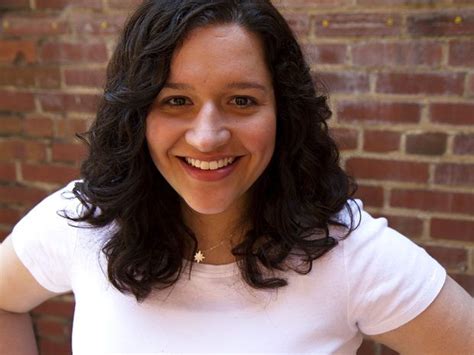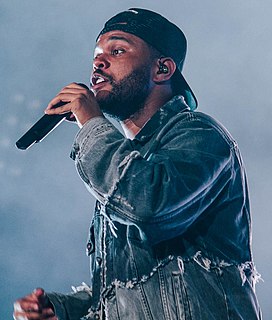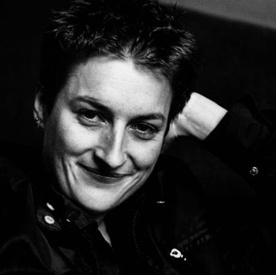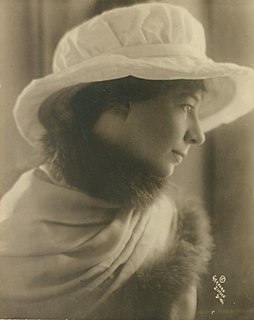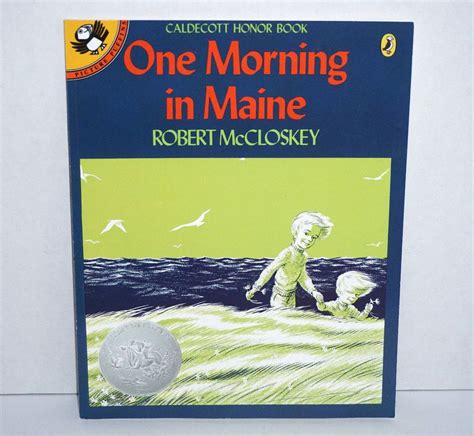A Quote by Kiera Cass
When we died, no one would know, and that fraction of a moment that was so important to who we were would be gone.
Related Quotes
There is a creative fraction of a second when you are taking a picture. Your eye must see a composition or an expression that life itself offers you, and you must know with intuition when to click the camera. That is the moment the photographer is creative. Oop! The Moment! Once you miss it, it is gone forever.
"What would people say about you when you're gone?" That to me was a very important question. I thought about that for a couple of years and said, "What people say about you when you're gone doesn't matter. You're gone." What really matters is, "What do you say about yourself in the here and now? Are you proud of what you're doing?" If you had a short lease and it ended today, or it ends tomorrow, what would you wish you would have done? You better do it.
We worked on The Perfect Storm, and I'll never forget, Wolfgang Petersen would talk about a moment. Like a non-speaking moment, where we'd all be sitting around eating dinner, and it would probably last maybe four seconds on screen. But he would sit there and talk about it for about 10 minutes. He knew what piece of the puzzle that scene would be, and if it were six seconds, it would be too long. If it were three seconds, it wouldn't be enough. I'm always turned on with people's enthusiasm like that.
Some Catholics have a concept I very much admire: the Sacrament of the Present Moment. It suggests that every moment of our lives is sacred, and that we should make of each moment a sacrament. Were we to do this we would think of the entire world as diffused with holiness. Wherever we might be would be a holy place for us, and we would see the holy, even sainthood, in everyone we encounter.
If I'm reading something I happen to know and gets it wrong, I just don't trust the book any more. What I ask of a novel I'm reading is that it should know a fraction more about the things I know than I do. When I'm writing...I ask myself: would I be convinced by this if I read it? If I knocked against this bit of scenery, would it feel solid?
